Residential Roofing Contractor of the Year

Photo courtesy Roofing Contractor Magazine.
Bone Dry Roofing was named Roofing Contractor Magazine’s 2023 Residential Roofing Contractor of the Year! This national award honors Bone Dry as one of the best in the country, and we couldn’t be more proud of this recognition.
Read the Article
Our Services
-


Roof Replacement
-


Indianapolis, IN Roof Repair
-


Commercial Roofs
-


Gutters & Downspouts
-


Masonry
-


Insulation
-


Siding
-


Painting
-


Soffit & Fascia
-


Drywall
-


Solar
We’re fully licensed to perform roofing work in your area, and we are adequately insured for your protection.
Trusted Exterior Services in Indianapolis, IN
As a professional roofing company in Indianapolis, we take pride in our comprehensive range of services, addressing both residential and commercial roofing needs as well as interior and exterior services for homes. From roof installations and roof repairs to gutter systems and exterior enhancements, Bone Dry Roofing is your one-stop solution.
Our dedicated team of skilled roofing contractors is equipped with the knowledge and experience to handle projects of any scale with precision and efficiency. Contact our roofers in Indianapolis today to make an appointment.
Contact Us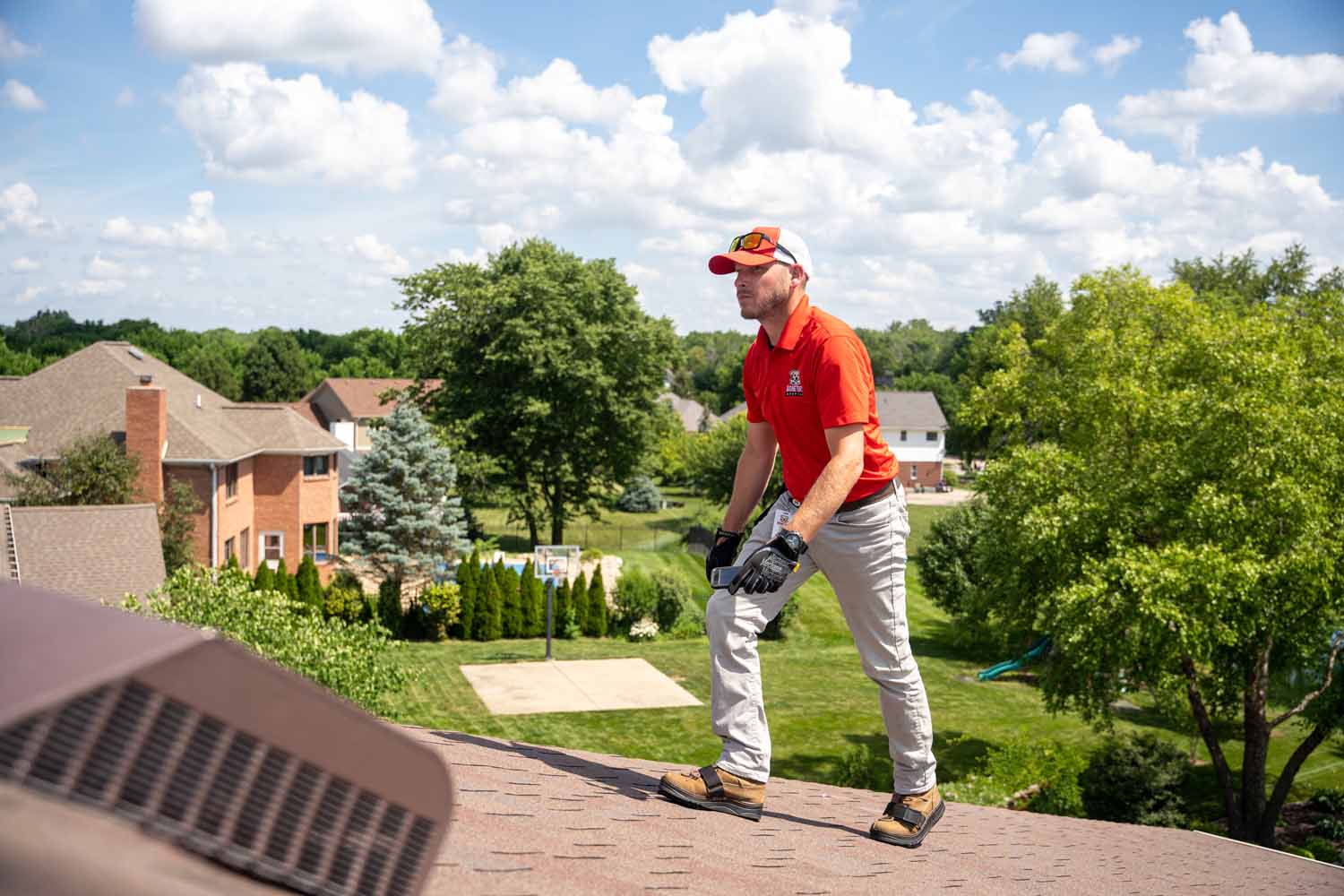
Indianapolis, IN Roofing Services
Roof Inspection
A roof inspection is the first line of defense against potential issues that could compromise the integrity of your roof. At Bone Dry Roofing, our certified inspectors use a keen eye to assess every aspect of your entire roof, from shingles to flashing, ensuring that even the slightest concern is addressed promptly. Investing in a professional roof inspection not only safeguards your property but also extends the lifespan of your roof, providing invaluable peace of mind.
Roof Inspection Services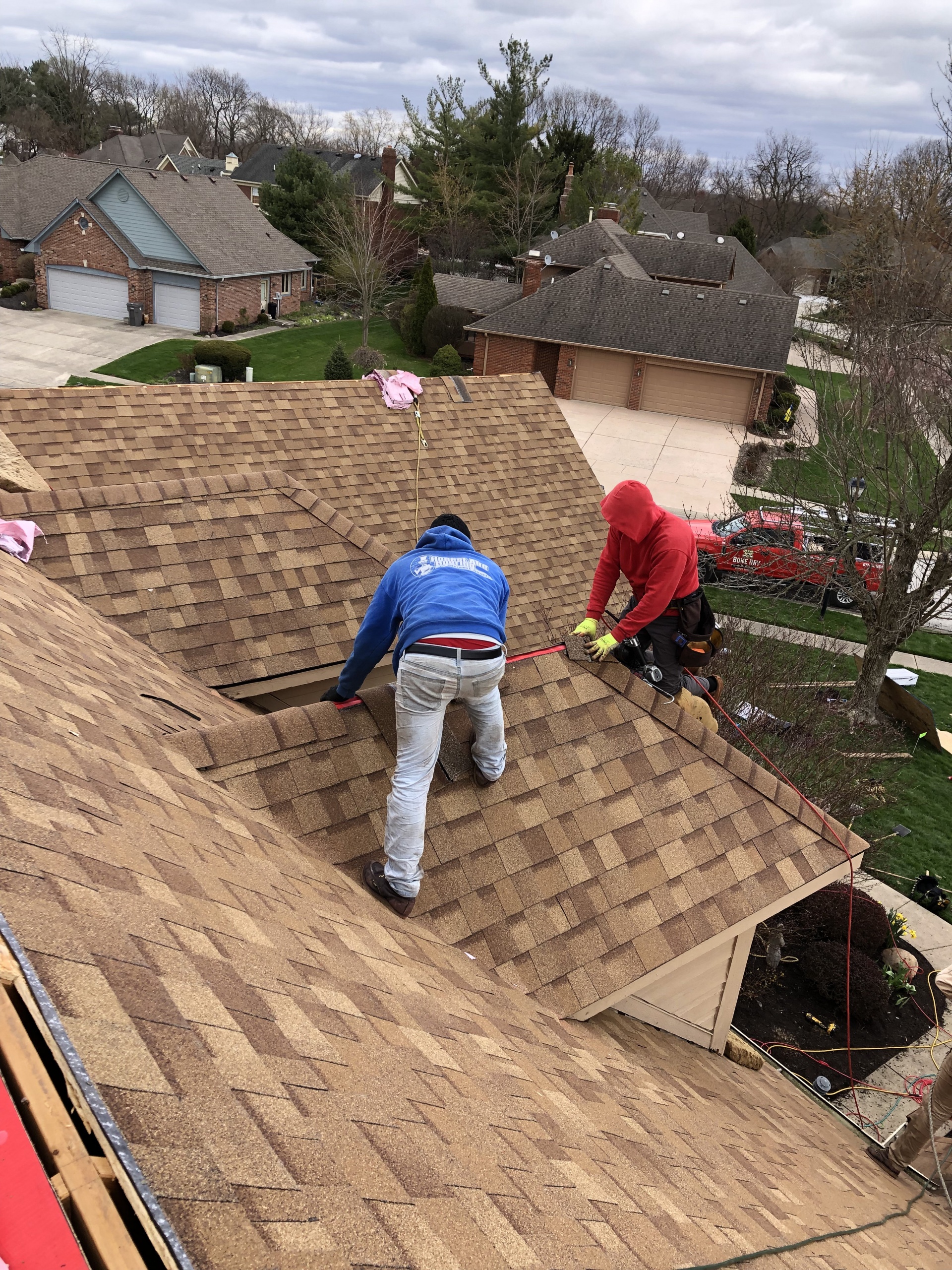
Roof Installation & Roof Replacement
When it comes to roof installation and replacement, precision is paramount. Bone Dry Roofing excels in delivering seamless installations and replacements that stand the test of time. Our expert team uses premium roofing materials to enhance durability and curb appeal. Whether it’s a new construction or replacing an aging roof and working with your homeowners insurance company, our commitment to excellence ensures that your property receives a reliable and aesthetically pleasing new roof that adds value and protection.
Roof Installation Services
Roof Maintenance
Regular roof maintenance is the key to preventing minor issues from escalating into costly problems. Bone Dry Roofing offers a proactive maintenance service that focuses on preserving the longevity and performance of your roof. Our skilled technicians conduct thorough inspections, clean gutters, and address potential concerns promptly. By investing in routine roof maintenance, you not only save on future repair costs but also ensure that your roof remains a steadfast shield against the unpredictable elements.
Additional roof maintenance services we offer include:
- Roof Snow Melt System Installation
- Snow Removal

Indianapolis, IN Roofing Repair
When unexpected issues arise, prompt roof repair is crucial to prevent further damage and protect your investment. Bone Dry Roofing specializes in swift and effective roof repairs, addressing leaks, damaged shingles, and other minor or extensive damage issues with precision. Our team understands the urgency of timely repairs, and we take pride in offering reliable solutions that restore the structural integrity of your roof.
Trust Bone Dry Roofing to handle your roof repair promptly and professionally, providing lasting solutions that withstand the elements.
Our repair services include:
Roof Repair Services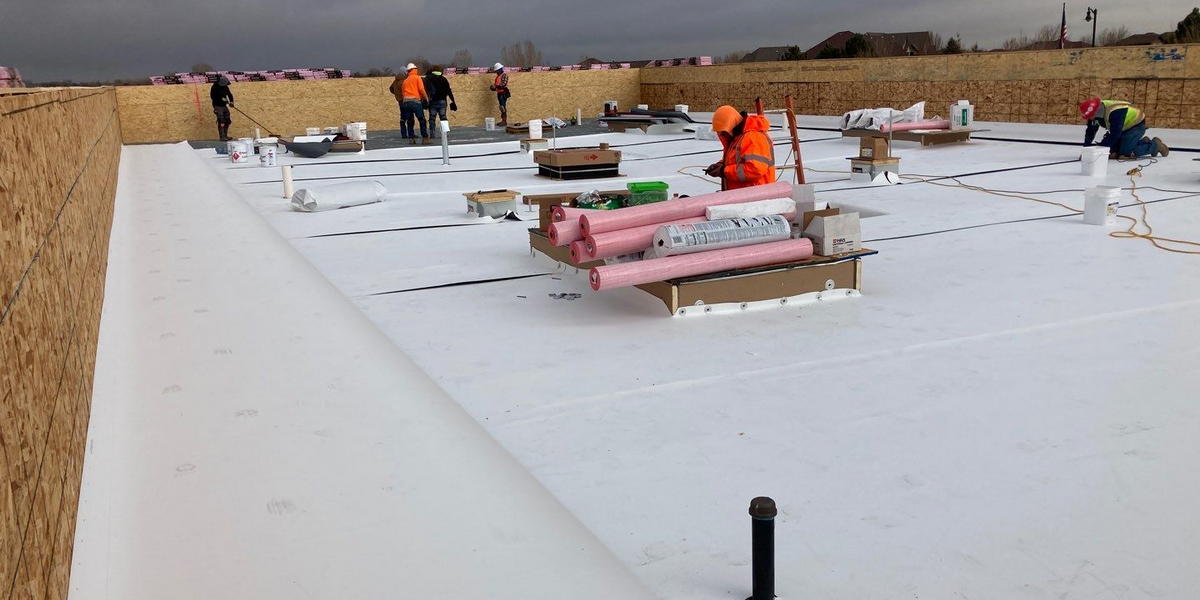
Commercial Roofing Services
Commercial properties demand roofing solutions that marry durability with functionality. Bone Dry Commercial Roofing’s roofing specialists offer comprehensive commercial roofing services tailored to the unique needs of businesses in Indianapolis, including installation, repair, and maintenance.
Whether you’re constructing a new building or need the roof replaced on an existing one, our team is well-versed in the intricacies of commercial roofing, from flat roofs and metal roofing to shingles. We understand that a well-maintained roof is integral to the success of your business, ensuring a secure environment for employees and customers alike.
Commercial Roofing Services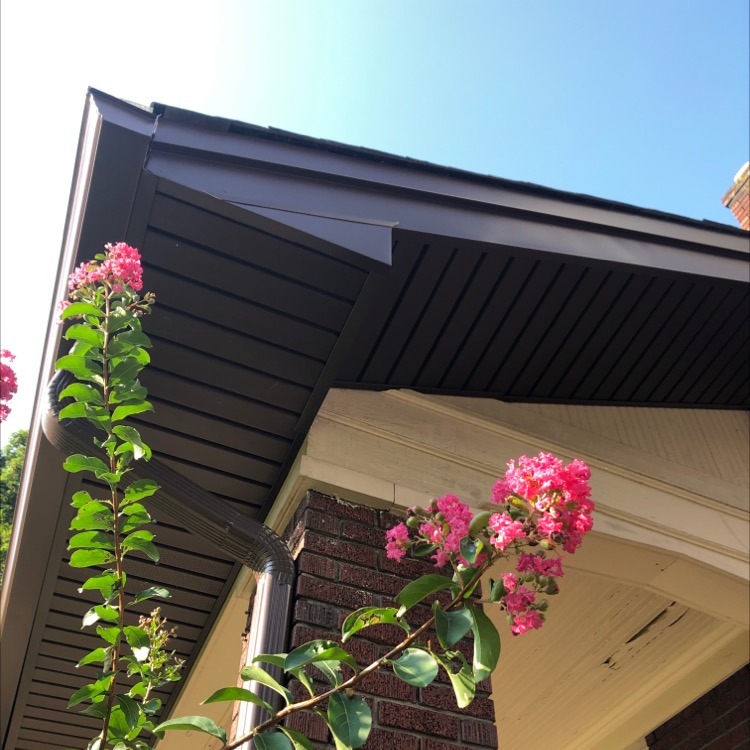
Soffit & Fascia
Bone Dry Roofing provides exceptional soffit and fascia installation and repair solutions. Our commitment to precision and quality materials guarantees that our soffit and fascia services not only contribute to the overall functionality of your roofing system but also elevate the visual charm of your home or business in Indianapolis.
Soffit & Fascia Services
Siding
Your home’s siding is more than just a decorative touch. While it certainly adds beauty to your home, siding also serves as a crucial barrier against the elements, protecting your property from moisture, pests, and extreme temperatures. Whether you’re looking to enhance your home’s curb appeal or improve its energy efficiency, our team of skilled professionals is here to help.
Our siding options include:
Siding Services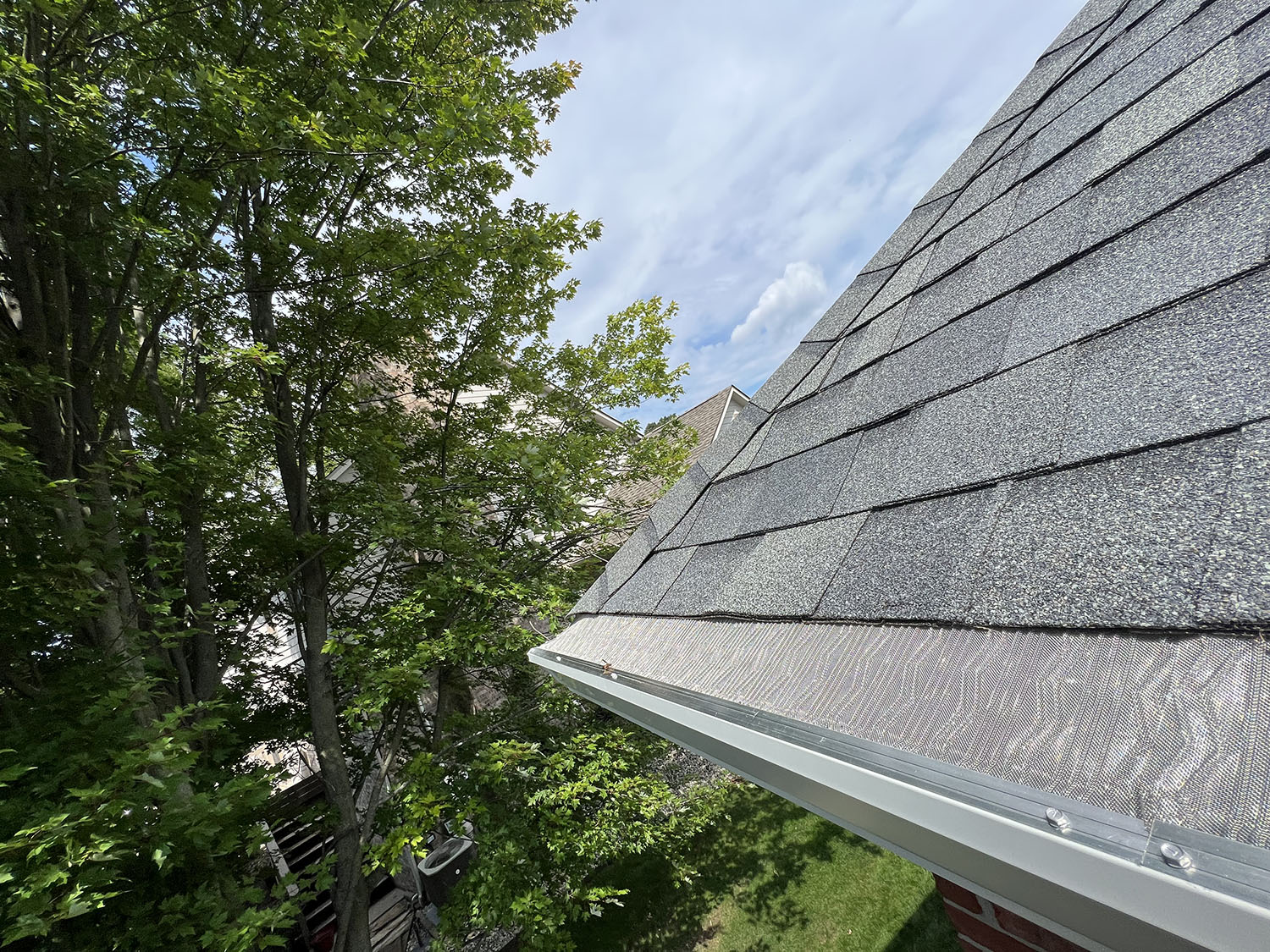
Gutters & Downspout services
Gutter Installation
Properly installed gutters effectively channel rainwater away from your roof and foundation, preventing issues such as erosion, basement flooding, and structural damage.
Investing in expert gutter installation with Bone Dry Roofing ensures that your property is equipped to withstand the challenges of precipitation, enhancing both its resilience and value.
Gutter Cleaning
Regular gutter cleaning is essential to maintain optimal functionality, preventing debris buildup that can lead to clogs and water overflow. Bone Dry Roofing’s thorough gutter cleaning service in Indianapolis, IN ensures that your gutters stay clear, allowing for efficient water drainage and mitigating the risk of water-related damage to your property.
Gutter Guards
Gutter guard installation provides a proactive solution to debris accumulation, keeping your gutters free from leaves, twigs, and other potential obstructions. Gutter guards not only simplify maintenance but also enhance the longevity of your gutter system, providing a cost-effective and efficient means of protecting your home.
Gutter Repair
Timely gutter repair is crucial to addressing leaks, sagging, or damage caused by weather elements, ensuring that your gutter system functions at its best. Bone Dry Roofing’s expert technicians renew the integrity of your gutters and prevent potential water-related issues that could compromise your property’s foundation and structure.
Gutter ServicesMasonry Services in Indianapolis, IN
Brick Staining
Brick staining offers a customizable and durable solution to enhance the color and texture of your brickwork. Our professional approach ensures that your exterior surfaces maintain a vibrant and personalized appearance that withstands the test of time.
Chimney Cap Installation
Protect your chimney from moisture, debris, and unwanted critters with chimney cap installation. Our durable caps not only enhance the longevity of your chimney but also prevent potential hazards, ensuring optimal performance and safety for your home.
Chimney Cleaning
Regular chimney cleaning by Bone Dry Roofing is a crucial step in maintaining a safe and efficient fireplace. Our thorough chimney cleaning services remove creosote buildup and debris, reducing the risk of chimney fires and ensuring your fireplace operates at peak performance during colder months.
Chimney Inspection
Bone Dry Roofing’s thorough chimney inspection services provide a comprehensive evaluation of your chimney’s condition, identifying potential issues before they escalate. Trust our inspectors to assess structural integrity, safety features, and overall functionality, ensuring a secure and reliable chimney system for your home.
Chimney Repair
Addressing chimney issues promptly is essential for preventing further damage and ensuring the safety of your home. Bone Dry Roofing corrects issues such as cracks, leaks, and masonry deterioration with precision, ensuring the long-term functionality of your chimney.
Fireplace Conversion
Transform your living space with Bone Dry Roofing’s fireplace conversion services, offering a seamless transition from traditional wood-burning to more efficient and eco-friendly options. Our expert team ensures a smooth conversion process, providing you with a modern and energy-efficient fireplace tailored to your lifestyle.
Hardscape Installation
Elevate your outdoor living with hardscape installation. From retaining walls to walkways, our skilled professionals craft durable and visually appealing hardscapes, enhancing the overall beauty and usability of your outdoor spaces.
Patio Installation
Bone Dry Roofing brings your outdoor visions to life with our precision patio installation services. Our skilled team designs and installs beautiful and durable patios, creating a welcoming and functional outdoor oasis where you can relax and entertain with confidence.
Masonry Services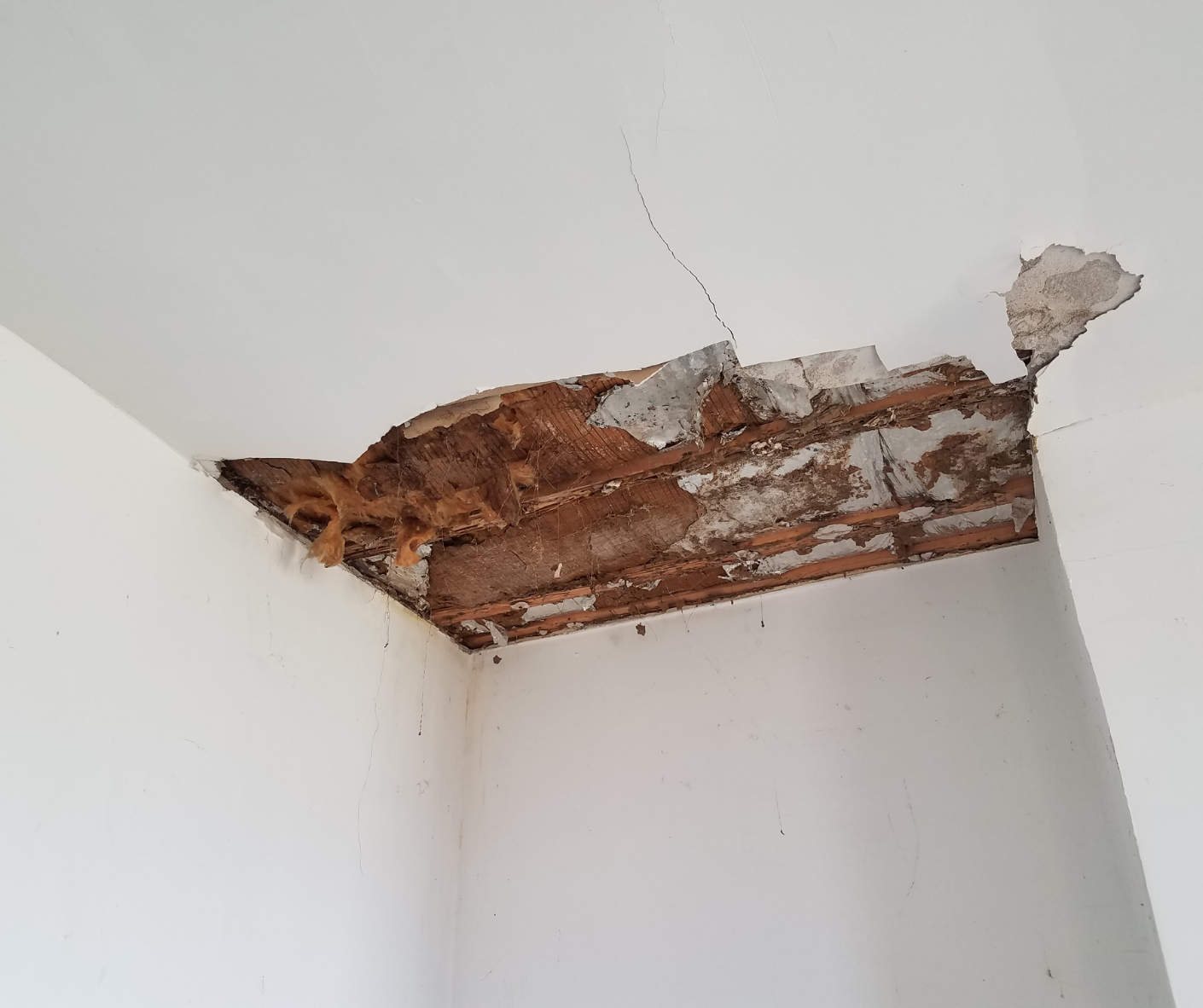
Drywall Services in Indianapolis, IN
Our skilled technicians bring precision and expertise to every drywall project, whether it involves installation, repairs, or finishing. From new constructions to renovations, we prioritize quality materials and careful craftsmanship to deliver seamless and durable results.
Trust Bone Dry Roofing for drywall solutions that not only enhance the aesthetics of your space but also contribute to the longevity and value of your property.
Drywall Services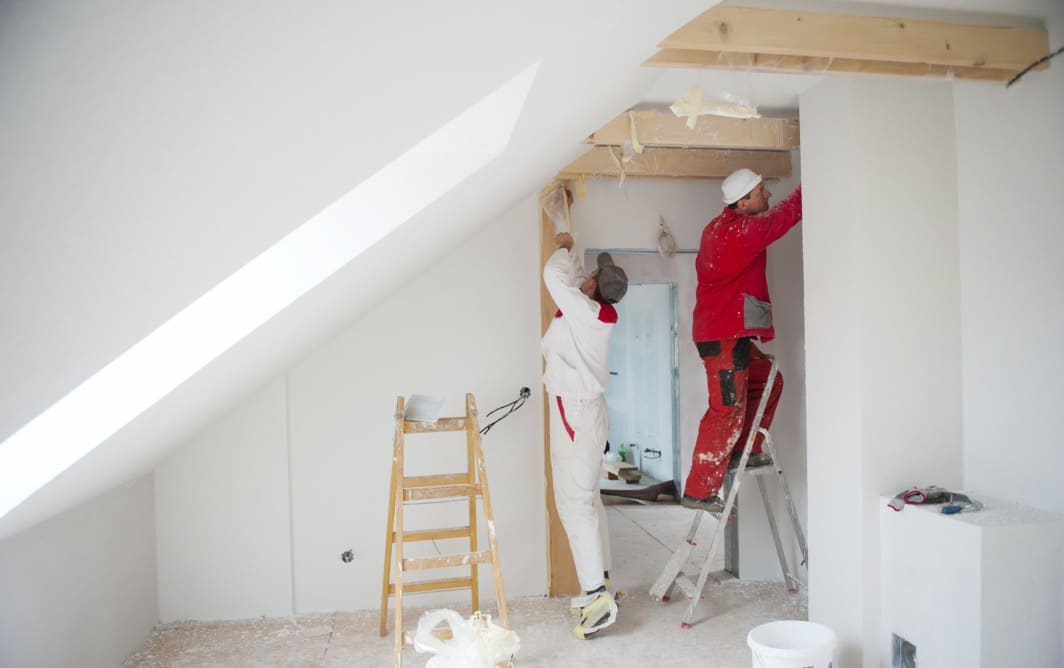
Indianapolis, IN Painters
Whether refreshing the interior ambiance or enhancing your home’s curb appeal, we prioritize quality paints and attention to detail. Our interior painting services breathe new life into your living spaces, while our exterior painting expertise not only adds visual allure but also protects your property from the elements.
Painting Services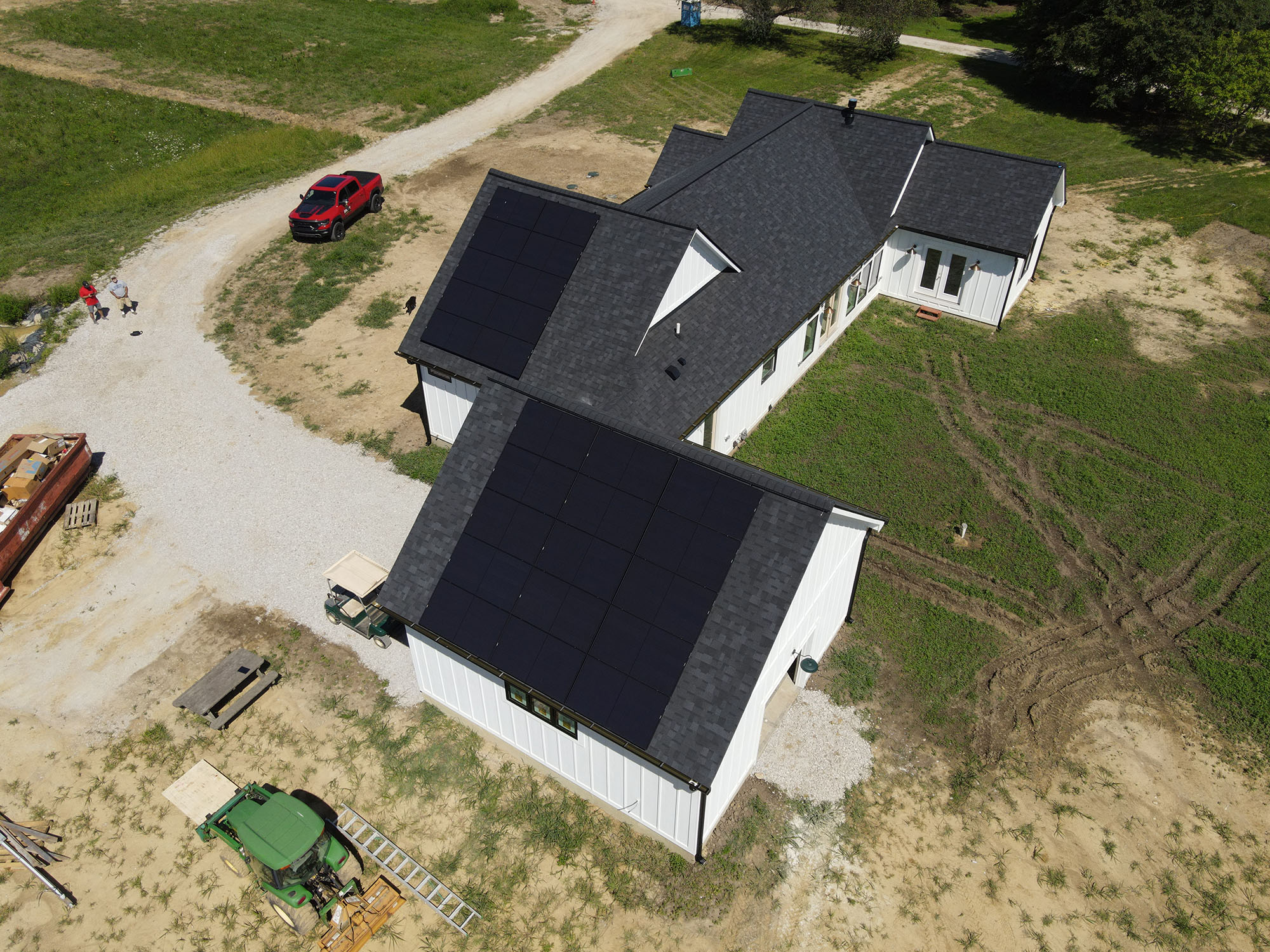
Indianapolis, IN Solar Services
Ready to lower your energy bills and reduce your carbon footprint? Harness the power of the sun with Bone Dry Solar. Whether you already have solar arrays in place or you’re looking to install them for the first time, our team can help.
Our solar services include:
- Roof Mount Solar Arrays
- Ground Mount Solar Arrays
- Solar Repair & Maintenance
- Battery Backups
- Off-Grid Solar Arrays
- Solar Detach and Reset
- Energy Storage
Contact Us for Exterior Services in Indianapolis, IN
As a family-owned, professional roofing company serving Central Indiana, we understand the unique challenges posed by the Indianapolis climate and tailor our services to ensure the longevity and resilience of your home or business.
Don’t compromise on the integrity and comfort of your property – contact Bone Dry Roofing today. Let us be the solution to your roofing, insulation, masonry, painting, and HVAC needs, providing you with unmatched expertise, personalized service, and the peace of mind you deserve.
Contact UsOur Reviews
-
April 22nd, 2024
Prompt, detailed service. Bone Dry was able to diagnose my problem after a thorough review and fix it in a reasonable turnaround time.
Chris Coffman -
April 9th, 2024
We had Bone Dry Masonry out to repair two stone chimneys. Work was scheduled promptly and performed the next day. Received constant communication on how well the project was going. Was completed in..
Deborah Herrera -
April 20th, 2024
They showed me what was wrong and fixed the problem when they said they would. They didn't need to come back because the job was done right the first time. Bravo Zulu 👏 👏 👏
Lamar Stott
Why Choose Us
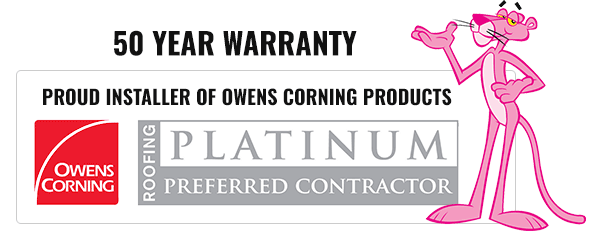
- In business since 1989
- Largest roofing contractor in the Midwest
- Owens Corning Roofing Platinum Preferred
- Free estimates for all services
Find Out About our Senior Citizen and Military Discounts
Learn MoreWE'RE LOCAL
Our team members work, shop, play, and live in the communities we serve.
